Do you ever feel like you're racing through life without the chance to truly understand yourself or make sense of your thoughts and emotions? Learning how to journal can be a powerful tool to help you navigate the complexities of life and unlock your full potential. In this blog post, we'll explore various journaling styles and tips to find the perfect approach that resonates with you.
From selecting the right supplies to overcoming writer's block, we'll dive into practical tips and techniques that can transform your how-to journal experience. Whether you're a seasoned writer or someone who struggles to put pen to paper, this comprehensive guide is designed to help you embark on your journaling journey with confidence and enthusiasm.
Short Summary
-
Unlock your potential and personal growth with journaling!
-
Get the essential supplies you need to start, such as a pen and journal.
-
Explore different styles of journaling & use prompts & techniques to overcome writer's block for success in your journey.
The Power of Journaling: Unlocking Your Potential
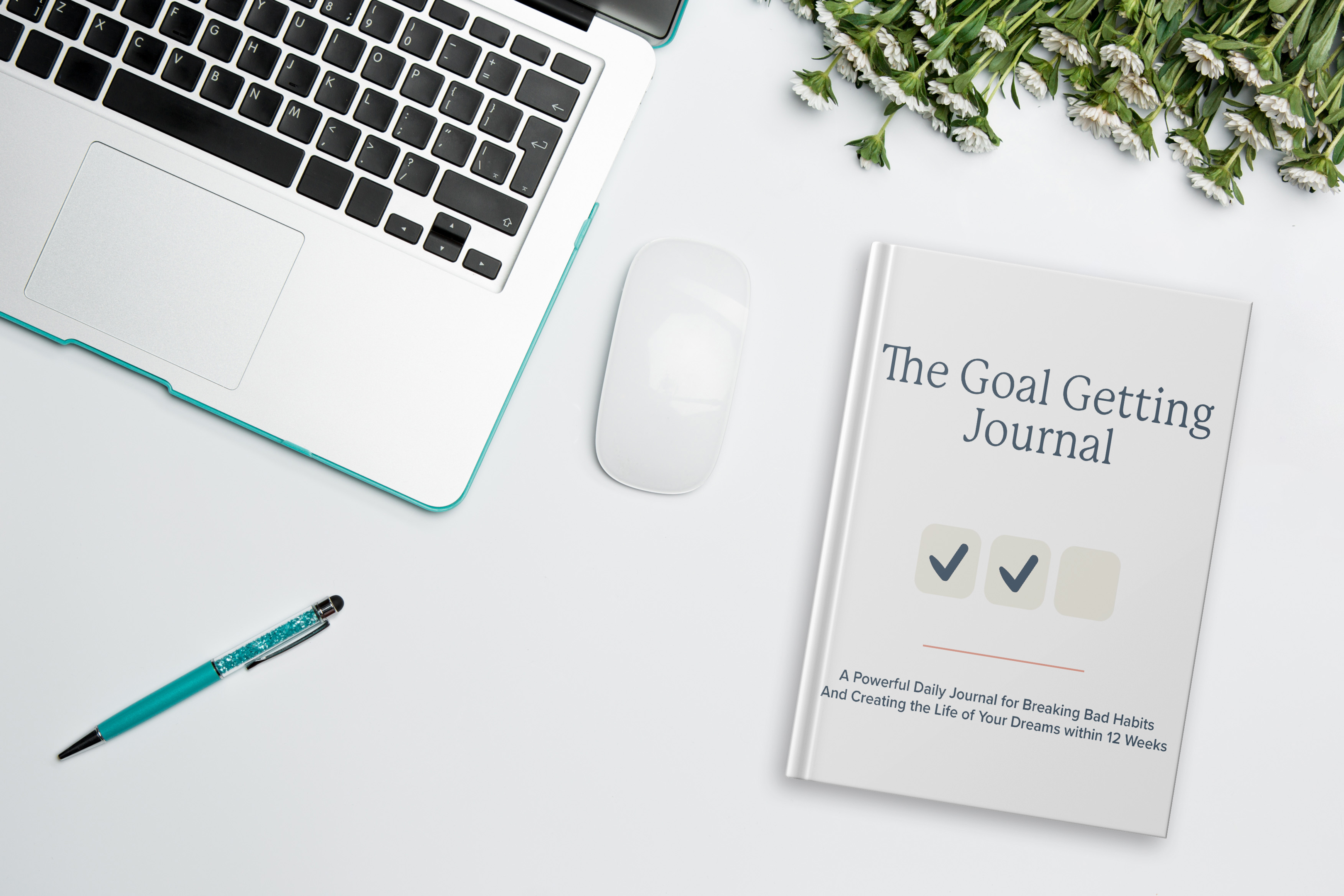
The art of journaling goes beyond simply putting words on paper. It's a powerful mindfulness practice that can lead to profound self-reflection and personal growth. By capturing your thoughts and feelings in a journal entry as you navigate through life, you can stay present and focused, ultimately boosting your mental health and overall well-being.
Our author's personal journey with journaling spans over 20 years, and they've witnessed firsthand the life-changing effects it can have. Through consistent journaling, they have nurtured a deeper understanding of themselves and unlocked their potential. The key to harnessing the power of journaling lies in making it a regular practice; we recommend journaling at least once a week or daily at a consistent time.
As you explore journaling, remember that there are no strict rules or guidelines to follow. Allow yourself the freedom to experiment and find what works best for you. The variety of journaling styles and tips in this blog post will serve as a roadmap to help you carve your own unique path in your journaling journey.
Getting Started with Journaling: Essential Supplies
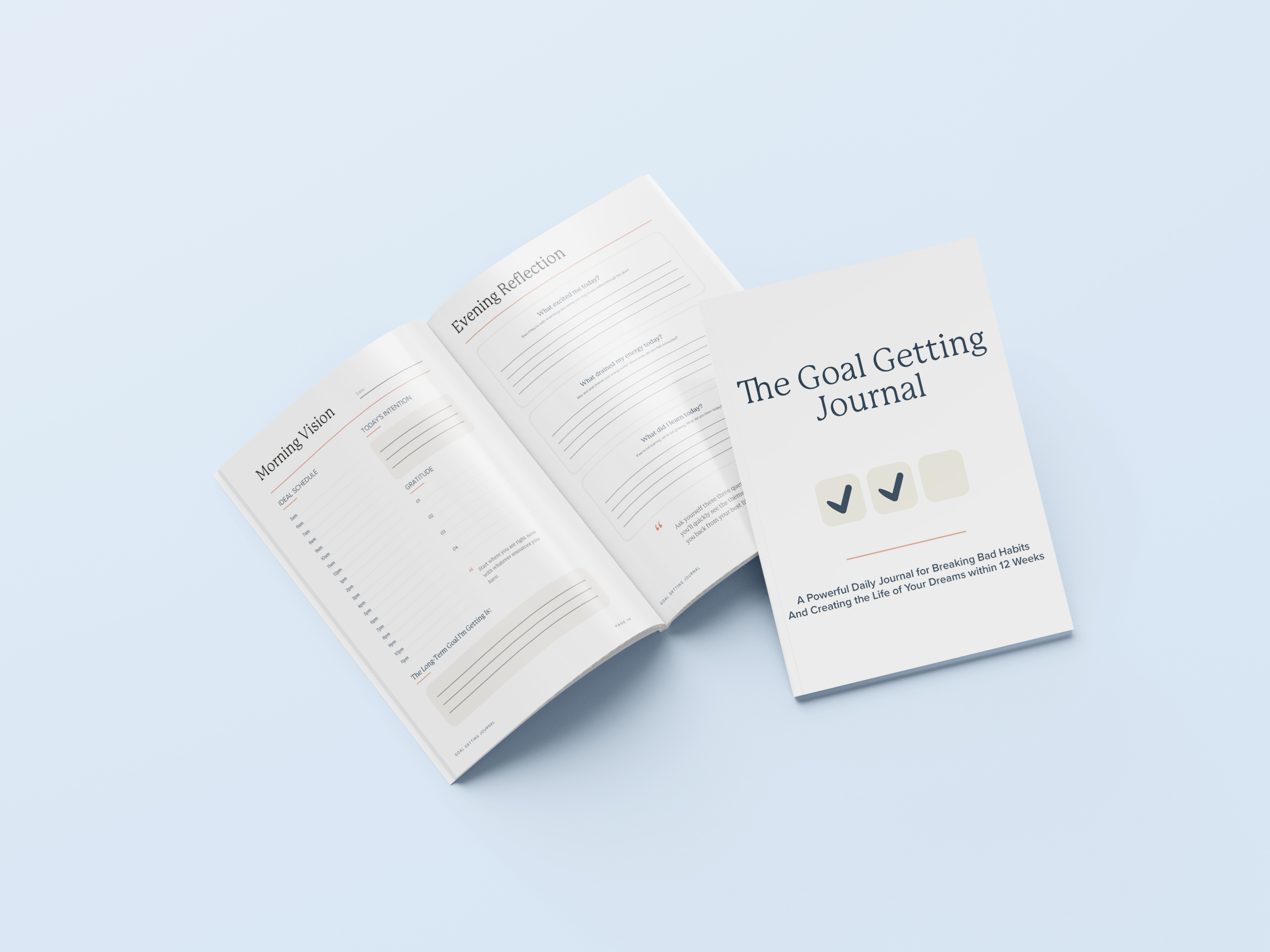
Before diving into the world of journaling, it's important to start journaling by gathering the essential supplies that'll set the foundation for a fulfilling experience.
In the following subsections, we'll explore how to choose the right journal, select the ideal pen, and personalize your journal with accessories.
Choosing the Right Journal
Selecting the perfect journal is a personal decision, and there are numerous types to choose from, such as project journals, blank notebooks, reading journals, reflective journals, daily journals, art journals, bullet journals, and travel journals. Regardless of the type of journal you choose, journaling can help you reach your goals and encourage you to start writing.
While many people are drawn to the convenience of digital journaling, there's something special about the tactile experience of pen-and-paper journaling. The act of writing by hand allows you to capture your thoughts without the distractions of electronic devices, making it an ideal method for cultivating a consistent journaling habit.
Of course, it's essential to be aware of potential drawbacks, such as the risk of losing your physical journal. Nevertheless, the benefits of pen-and-paper journaling often outweigh the risks, providing a deeply rewarding experience.
Selecting the Ideal Pen

The right pen can make all the difference in your journaling experience. Ballpoint pens are a popular choice, but many people prefer the personal touch of fountain pens or fine liners for their journal entries. Each type of pen has its own benefits and drawbacks: ballpoint pens are cost-effective but may not be as comfortable to write with, while fountain pens offer a smoother writing experience but can be pricier and require more maintenance.
To find the perfect pen for your journaling journey, it's a good idea to experiment with various types and consider factors such as comfort, cost, and smudging. When you find the ideal pen, writing in your journal can become a truly transformative experience.
Accessories for Personalization
Making your journal uniquely yours can add an extra layer of enjoyment and meaning to your journaling experience. Personalized accessories like custom covers, stickers, washi tape, and bookmarks can help you create a one-of-a-kind journal that reflects your personality and inspires you to keep writing.
Get creative with your journal personalization – decorate the cover, add pops of color to the pages, or create dividers between sections for a truly personalized touch. The more you invest in personalizing your journal, the more motivated you'll be to maintain your journaling habit.
Finding Your Journaling Style: Types of Journals
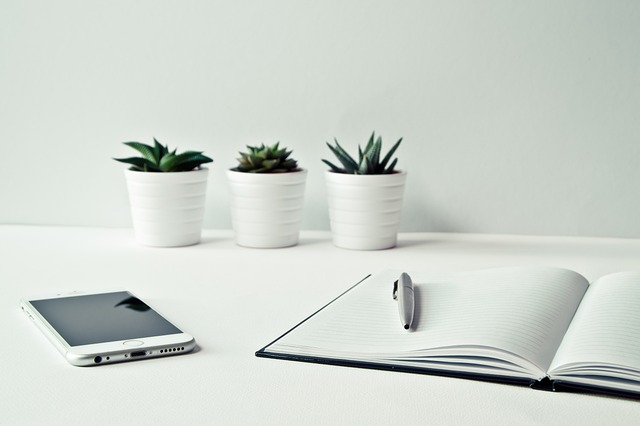
Just as there are various types of pens and accessories for journaling, there are also different journaling styles to explore. In the following subsections, we'll delve into reflective, goal-setting, and creative journals, helping you find the style that best suits your needs and preferences.
Reflective Journals
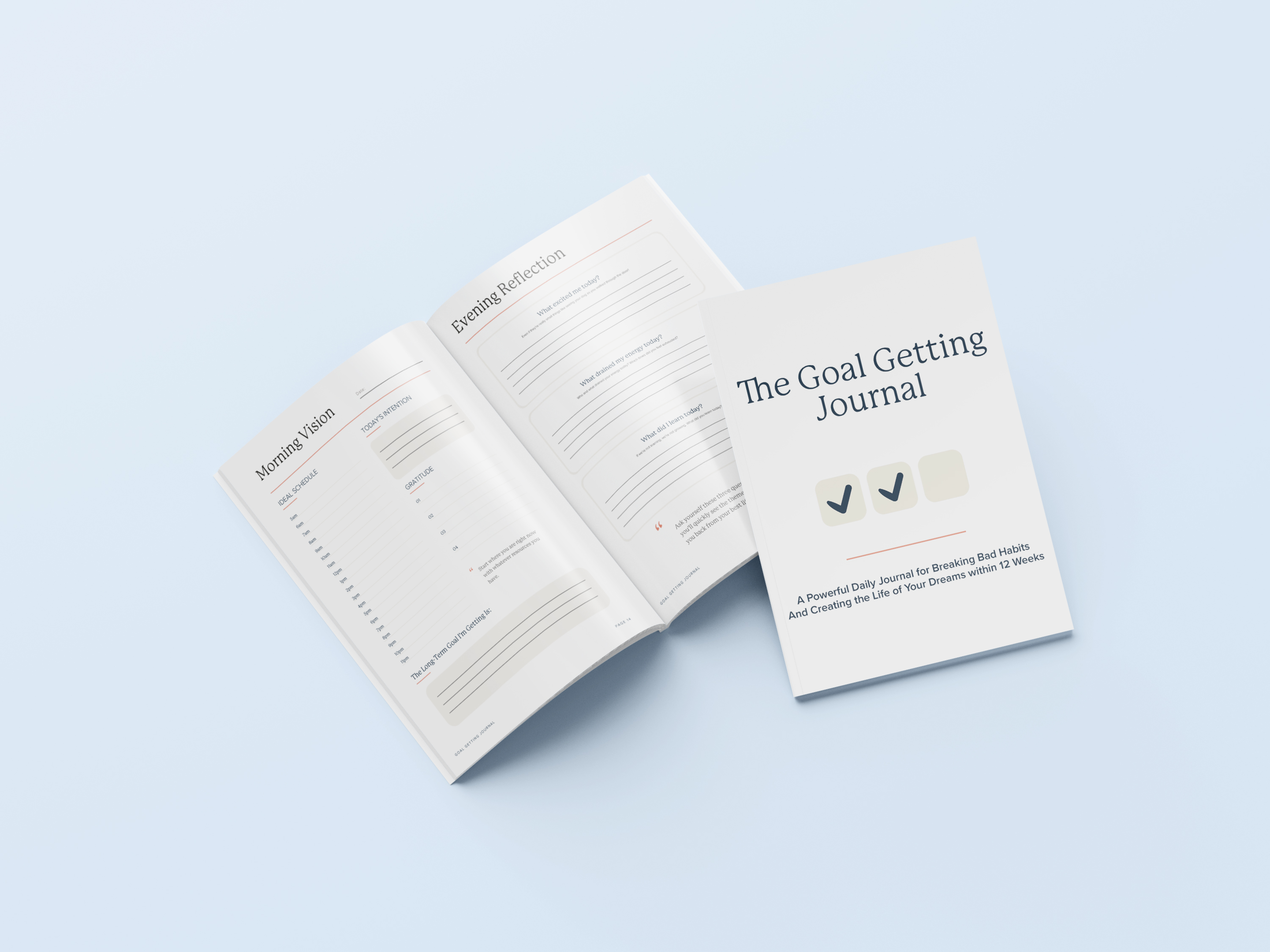
Reflective journaling can be an empowering tool for deepening your understanding of your learning experiences. By writing down your thoughts, feelings, and insights, you can make connections between cognitive thinking, emotions, and actions, creating a more holistic learning experience.
To get the most out of reflective journaling, set aside a dedicated time each day to write in a comfortable, quiet space. Be open and honest with yourself as you write, free from judgment or criticism. This practice can help you gain insight into your thoughts and feelings, as well as identify patterns in your behavior.
Goal-Setting Journals
A goal-setting journal is a valuable tool designed to help you reach your short, medium, or long-term goals. These journals typically include daily, weekly, or monthly calendars with structured formats to help you stay focused on your goals, as well as prompts, checklists, and goal-setting worksheets to keep you motivated and on track.
To make the most of a goal-setting journal, set achievable goals, break them down into manageable tasks, and track your progress along the way. This approach can help you stay organized, manage your time effectively, and ultimately, reach your objectives.
Creative Journals
Creative journals offer a unique way to express yourself and explore your thoughts, ideas, and emotions. Whether you choose a sketchbook, art journal, or writing journal, each type provides a distinct avenue for self-expression and personal growth.
To get started with creative journaling, simply choose a journal that aligns with your interests and begin to explore your thoughts, ideas, and emotions through various artistic mediums. This process can help you tap into your creative side and boost your overall well-being.
Overcoming Writer's Block: Journaling Prompts and Techniques
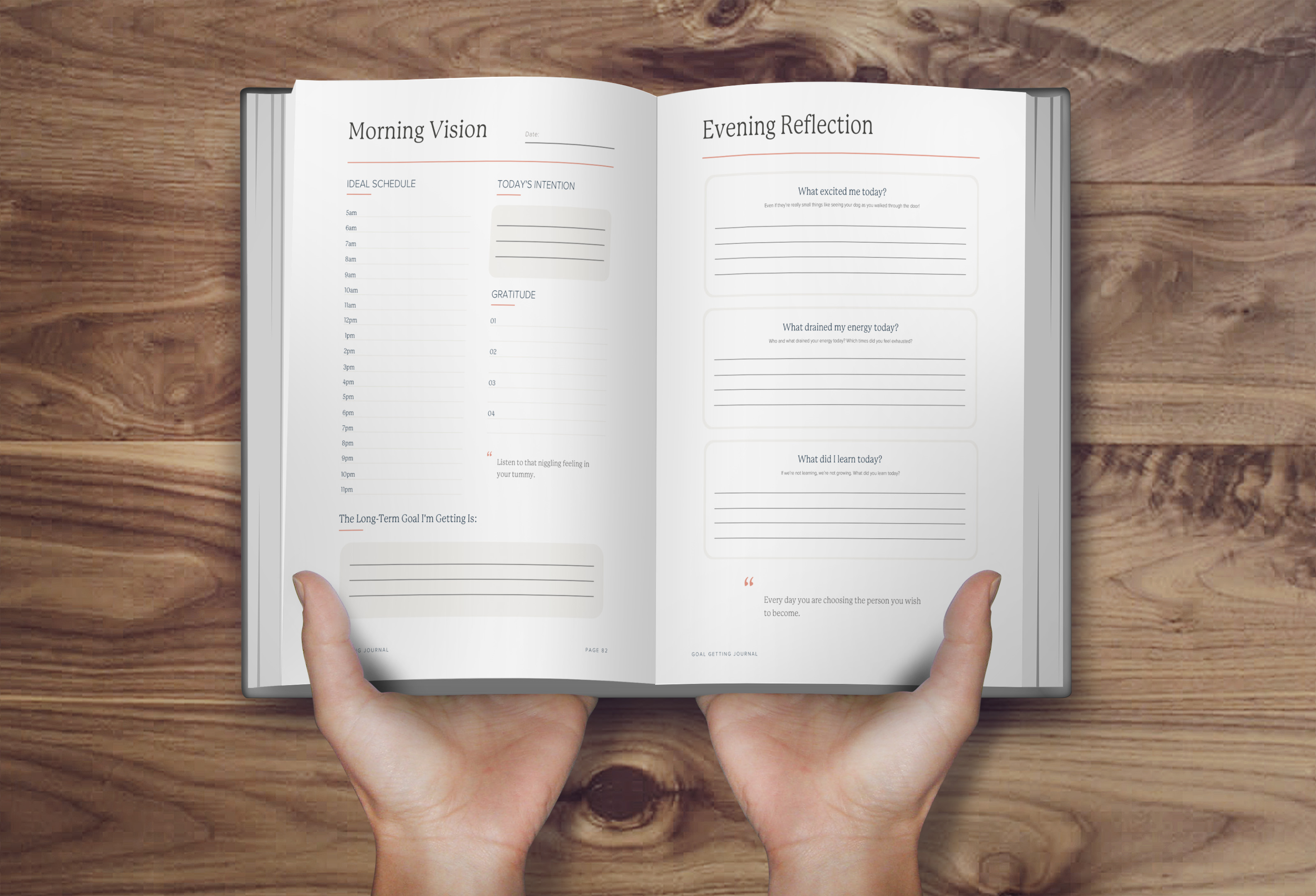
Even the most seasoned journalers can sometimes hit a wall when it comes to writing. Staring at a blank page can be intimidating, but in the following subsections, we'll provide tips and techniques for overcoming writer's block.
Daily prompts, freewriting exercises, and themed journaling are all great ways to get the creative juices flowing. With a little bit of practice, you'll be able to break through any writer's block and get back to writing.
The goal-getting journal had daily reflection questions targeted at discovering what lights you up and drains your energy so you can get your goals without burning out. Check the journal out here.
Daily Prompts
Utilizing daily journaling prompts can be a powerful way to spark your creativity and keep your writing fresh. By providing a starting point for reflection, these prompts can help you explore various aspects of your life and maintain a consistent journaling practice.
There are countless inspiring daily journaling prompts available, ranging from self-reflection to goal-setting. Experiment with different types of prompts to discover what resonates with you and consider keeping a list of your favorites to reference whenever you need a little inspiration.
Freewriting Exercises
Freewriting exercises are a fantastic way to unleash your creativity and let your ideas flow without the constraints of grammar, spelling, or punctuation. This prewriting or discovery activity encourages you to write continuously and without inhibitions, often leading to unexpected insights and ideas.
To get started with freewriting exercises, set a timer for a specific amount of time and write without stopping, ignoring any mistakes or concerns about structure.
Some creative freewriting exercises to try include exploring a topic for a set time, crafting a stream of consciousness, or telling a story without pausing. These exercises can help you overcome writer's block and refine your writing skills.
Themed Journaling
Themed journaling allows you to focus on a specific topic or issue, providing an opportunity for deep exploration and personal growth. This approach can help you gain greater insight into various aspects of your life while also offering a unique and imaginative outlet for self-expression.
To get started with themed journaling, choose a topic or issue that interests you and set a schedule to journal about it regularly. As you dive into themed journaling, remember to embrace imperfection and be open to learning from any mistakes or challenges you encounter along the way.
Establishing a Journaling Routine: Tips for Consistency

Consistency is key when it comes to reaping the benefits of journaling. In the following subsections, we'll explore journaling tips for establishing a routine, such as choosing the best time to journal, setting realistic goals, and staying motivated and accountable.
Choosing the best time to journal can be a challenge, but it's important to find a time that works for you. Consider when you have the most energy and focus.
Choosing the Best Time to Journal
Selecting the optimal time to journal can greatly impact your consistency and overall experience. Journaling in the morning, such as doing morning pages, can help you plan your day and set yourself up for success, while journaling in the evening allows for reflection and goal-setting for the next day.
To find the best time for your journaling routine, consider your personal goals and existing habits. For example, you might choose to journal while enjoying your morning coffee or as a relaxing wind-down activity before bed. Experiment with different times to discover what works best for you and your lifestyle.
Setting Realistic Goals
When it comes to journaling, it's essential to set realistic goals to ensure that your practice is sustainable and enjoyable. The SMART approach, which stands for Specific, Measurable, Achievable, Relevant, and Time-bound, can help you create well-defined and attainable goals for your journaling journey.
By breaking down your goals into smaller milestones and tracking your progress, you'll stay motivated and focused on your journaling practice. Furthermore, connecting each goal to a "why" can provide a deeper sense of purpose, helping you stay committed to your journaling goals.
Staying Motivated and Accountable
Maintaining motivation and accountability in your journaling practice is crucial for long-term success. Creating a schedule and setting alarms or reminders can help you stay consistent in your daily journaling. Additionally, connecting your journaling routine to another existing habit can make it easier to integrate into your daily life. By keeping a journal, you'll be able to track your progress and stay focused on your goals.
Don't be afraid to seek support and share your goals with others, as this can provide valuable feedback and encouragement. Staying accountable to yourself and others can greatly impact your ability to maintain a consistent journaling practice, so it's important to keep a journal.
Embracing Imperfection: Dealing with Mistakes and Challenges
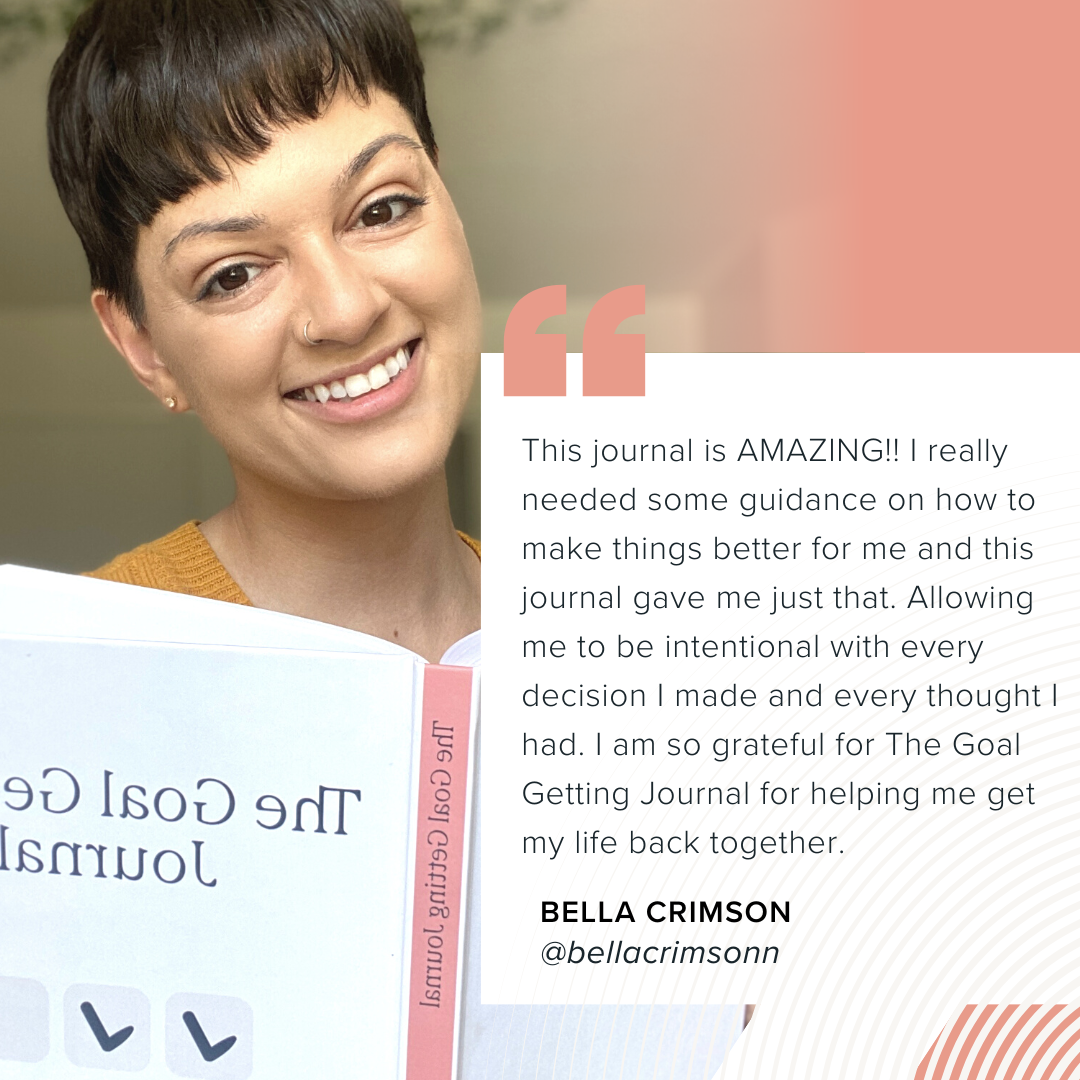
As you embark on your journaling journey, it's important to remember that perfection is not the goal. Embracing imperfection allows for authenticity and honesty in your writing, and can help you learn and grow from your mistakes.
When faced with challenges or mistakes in your journaling, practice self-compassion and remind yourself that your journal is a judgment-free zone. If you find yourself overwhelmed by a challenging prompt or subject matter, take a break and allow yourself to write just a few sentences without pressure. Recognizing and accepting imperfection is a crucial aspect of a successful journaling practice.
Journaling for Non-Writers: Alternative Approaches

If you don't consider yourself a writer, don't worry – there are plenty of alternative journaling approaches that can still provide the benefits of self-expression and personal growth. Drawing, writing lists, and brain dumps are just a few examples of alternative journal writing methods that can help you unlock your hidden potential.
Drawing as a form of journaling can be a powerful way to express your thoughts, emotions, and ideas without the constraints of language. Similarly, writing lists or conducting brain dumps can help you release your thoughts and declutter your mind without the pressure of crafting perfectly structured sentences.
Remember, journaling is a deeply personal practice, and there are no strict rules or guidelines to follow. Experiment with different approaches and find the method that resonates with you – the ultimate goal is to create a journaling practice that supports your self-expression, personal growth, and overall well-being.
The Bottom Line
In this comprehensive guide, we've explored the power of journaling and the various styles, tips, and techniques that can help you create a fulfilling journaling practice. From essential supplies and personalization to overcoming writer's block and establishing a consistent routine, the journey to unlocking your full potential through journaling is filled with self-discovery and personal growth.
Remember to embrace imperfection, experiment with different approaches, and prioritize consistency in your journaling practice. As you continue to explore the transformative world of journaling, you'll uncover the unique benefits it has to offer, ultimately leading to a deeper understanding of yourself and the world around you. Enjoy the journey and happy journaling!
Want to get your goals without burning out through the power of journaling? Check out the Goal Getting Journal here.
Frequently Asked Questions
What to write in journal?
Journaling is a powerful tool to help us reflect on our lives and make lasting changes. You can write anything in a journal entry, such as personal goals, gratitude, inspiring quotes, reflections, questions, and more. Better yet, you can get a guided journal like The Goal Getting Journal to start to help you get started.
Ultimately, journaling can be used to become the best version of yourself and make meaningful progress in life.
What to write in a journal?
Creating a journal can be a great way to explore your feelings, document important life events and express yourself freely. Taking the time to reflect on your thoughts and experiences is so valuable and can help you stay motivated and organized.
Write about your goals, what you're grateful for, inspiring quotes, revelations or questions you'd like to answer at a later date, things to improve, compliments to yourself, and your long-term vision. Documenting your life journey can be an incredibly rewarding practice!
What to write about in a journal?
Taking the time to journal can be a great way to express your innermost thoughts and feelings, connect with yourself, process and address challenges, record goals, and reflect on what you're grateful for. Writing down your hopes, dreams, ideas, emotions, and solutions can help you find clarity, explore new paths, and stay motivated.
Make sure to include personal and career goals, inspirational quotes, reflections, questions you hope to answer, things you want to improve, compliments to yourself, and your long-term vision in your journaling journey.
How to write a journal?
Writing a journal can be a great way to get to know yourself and your thoughts better. To get started, make sure to set aside some time each day for writing, find the type of journal that best suits your needs, date every entry, tell the truth, include details, and write down your feelings.
Writing should come naturally with an open and honest mindset.
How to write in a journal?
Getting started with journaling can be daunting, but there are some helpful tips you can follow to make it easier. Find a comfortable and calming space for yourself to write in. Set a timer for a predetermined amount of time and allow yourself to write freely and without judgment.
Be sure to give yourself positive affirmations and celebrate the accomplishments you record. Lastly, have fun with your journaling journey!

